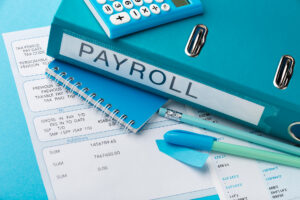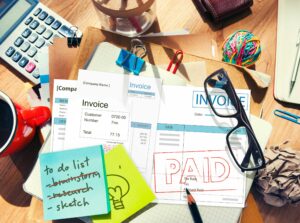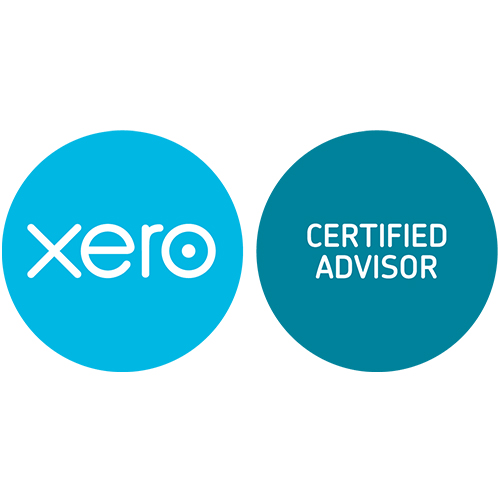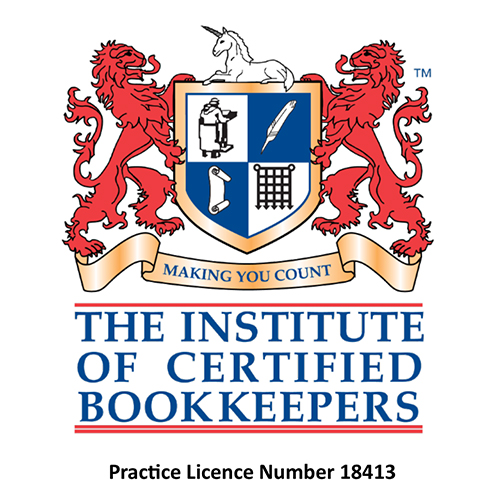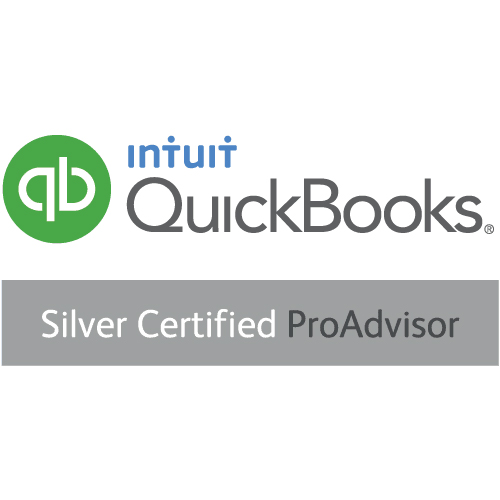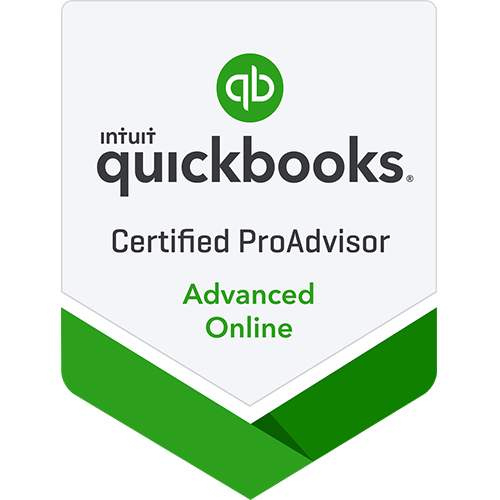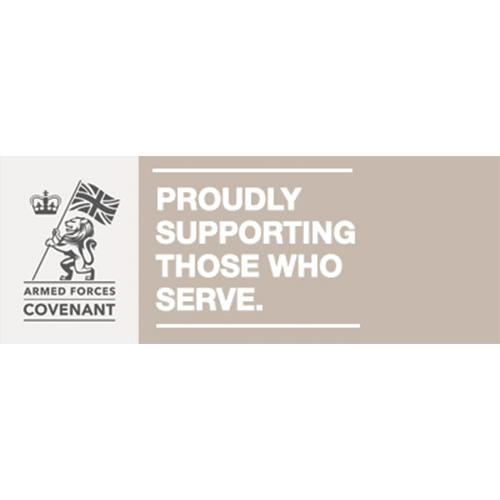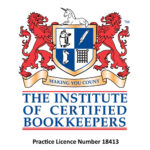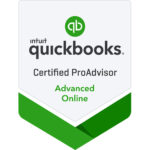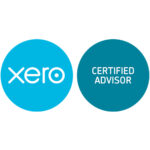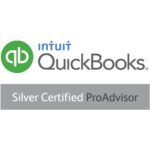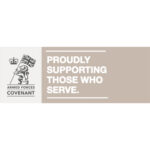So you have started your business. Congratulations and best of luck to you! It can be scary (I know, I have done it!) and there will undoubtedly be many questions constantly going through your mind such as:
- What are my responsibilities?
- What do I need to do to keep HMRC happy?
- What costs can my business claim for?
Not many people enjoy spending evenings reading the tax legislation desperately trying to understand what expenses are allowable, when the deadlines are, for how long should you keep your receipts and so on, so I thought it would be a good idea to pull together a short guide to some of the main things on the compliance side that you need to be aware of when running a business (sounds boring but bear with me).
Firstly – are you self employed or operating as a limited company?
‘I am self employed’
You should have registered with HMRC as self employed. They will provide you with a Unique Tax Reference (UTR) and ask you to prepare a self assessment tax return. You will need to prepare one each year (unless HMRC tell you to stop) to tell HMRC about your earnings for that year.
Not everyone needs to do a tax return but you will if you receive income that is not taxed (e.g. business profit, significant dividends or interest) but also if you receive child benefit and have income in excess of £50k. This will need to include your figures for 6th April – 5th April and must be submitted and any tax paid by the 31st January* of the following year.
So let’s say you left your full time job on the 10th May 2018 to focus on your business you will need to prepare a tax return for the period 06 April 2018-5th April 2019 and in this you will need to include the figures shown on your P45 from your employer and your business income and expenses**.
This must be submitted to HMRC and any tax paid by the 31st January 2020.
‘What taxes will my self-employed business pay?’
Typically you would expect to pay:
- Income tax
- Class 4 National Insurance
- Class 2 National Insurance
But also don’t forget your student loan! When you are an employee, student loan deductions should be taken from your salary but when you are self employed it is your responsibility to include this on your tax return.
The taxes above apply to most self employed businesses but there may also be situations where capital gains tax is due.
Each of these are subject to certain thresholds and it may be the case that even if your business makes a small profit you would not need to pay any tax at all.
If your business it may fall within the category of ‘miscellaneous income’ of less than £1,000, so if for example you purchased a load of makeup from a wholesaler for £500 and sold it during the year for £900 you would not need to report this or possibly not even need to complete a tax return at all thanks to the ‘trading allowance’.
‘I run my business as a limited company’
If you run your business as a limited company the main thing to remember is that the company is an entirely separate ‘person’ from you. Even if it is you doing the work, you working with the customer and you are the only director and shareholder when the customer pays up the cash belongs to the company – not you! There are various ways to draw this money out of the company such as wages, dividends, repayment of expenses and loans but you should not use the company bank account as a piggy bank taking cash out or using it to pay your bills. Dividends should be recorded properly with board minutes.
The company is taxed on its profits and it pays corporation tax. Payment must reach HMRC nine months and one day after the company year end and the corporation tax return is due twelve months after the year end (that’s right – payment due before the return).
Your own personal income will be taxed separately from the corporation tax return. Despite popular belief just being a director does not necessarily mean that you must prepare a self assessment tax return but do not simply assume that you do not have to complete one!
*The deadline for filing paper returns is the 31st October
**You can choose a different year end for your self employed business but I am not going to go into basis periods here
Confirmation statement
Once a year a confirmation statement needs to be filed to Companies House (they are the people who hold information on every limited company in the UK). A confirmation statement is due within 14 days of each anniversary of the company incorporation and simply confirms the details held by CH are correct.
Accounts
Once a year a set of limited company accounts must be filed to Companies House. The deadline for filing is nine months after year end – and the penalties for late submission are quite hefty so don’t be late!
‘What about VAT?’
VAT is a sales tax. Being VAT registered basically means that you become a tax collector for HMRC. Periodically (normally every three months) you will need to tell HMRC what VAT you have collected and paid and then pay HMRC the difference on a VAT return.
If you sell a product for £100 and you then register for VAT this product becomes £100+£20. The customer pays you £120 and when your VAT return is due you will pass this £20 to HMRC. If during this period you need to buy a new printer for the office costing £80+£16 you will recover the VAT element of this business cost by reducing the original £20 by £16 and therefore only paying £4 to HMRC on your VAT return instead of the £20.
The thought of recovering VAT on some purchases sounds great but try to remember that the whole point in being in business is to make a profit so ordinarily you should expect to be in a VAT payable-position with HMRC, not VAT-receivable one. However there are still situations where you might be better off voluntarily registering for VAT before reaching the threshold.
‘When must I register for VAT?’
If your business makes taxable supplies and annual turnover of these exceed £85,000 (current VAT threshold) then your business must register for VAT; this is true whether your business is a limited company or sole trade/partnership.
If you suspect your turnover is close to this threshold then you need to do the following tests:
- Check if your business had taxable turnover in excess of £85,000 over the past 12 months
- Do you expect your VAT taxable turnover to exceed £85,000 in the next 30 days
If the answer to either of these is yes then you will need to register for VAT.
You can, if you like, register for VAT before you reach this stage and there are many reasons why you might like to do this but also plenty of reasons why you should not.
Please get in touch if you are unsure what to do.
‘I am now VAT registered – tell me about Making Tax Digital’
If your VAT quarter ends after the 1st April 2019 AND your turnover exceeds the VAT threshold then you will be required to use a third party software or bridging software to submit your VAT returns (there are some exceptions). This is the first stage of what is called ‘Making Tax Digital’ (MTD), HMRC’s initiative to digitise the tax system and close the tax gap.
This first year (01 April 2019-31 March 2020) is seen as a bit of a trial to see how things go and from April 2020 all VAT registered businesses regardless of their turnover will need to follow the MTD rules.
It is the aim of HMRC to eventually introduce MTD for self-assessment and corporation tax although the various timings have not yet been confirmed.
‘And payroll?’
If you want to employ staff you will need to register as an employer with HMRC. When an employee is paid they are paid net of income tax and national insurance, so when you agree to take on an employee with a salary of £24,000 they will not receive a full £2,000 per month, they will receive £2,000 less income tax, less National Insurance, student loan deductions, less pension deductions and so on. As an employer you will withhold these amounts from their wages and pay them to HMRC and the pension provider normally each month. As well as paying HMRC you will need to make submissions to confirm how much you are paying and why.
In addition the employer (you) will be subject to Employers National Insurance, though there is currently an ER NI allowance.
‘So what expenses can my business claim for?’
The general rule for allowable expenses are that they should be wholly, exclusively and necessarily for business use. So, pack of envelopes for the office – allowed. PlayStation for the office – nope. The comparison there is quite obvious but there are occasions when things are less clear.
Let’s say you are going to meet a potential new client and you need to buy a new suit to wear to the initial meeting. You only plan to use this suit for this and future meetings and promise yourself that you will not wear it outside of business. This is clearly an allowable business cost as it satisfies the wholly, exclusively and necessarily requirement, right? Wrong. HMRC have made it clear that only protective clothing, uniform or entertainers costumes are allowable – anything else could conceivably be considered to be part of your ‘everyday wardrobe’ and is disallowed.
Even dear Sian Williams of the BBC was caught out as she tried to claim for ‘professional hairdo’ and ‘professional clothing and laundry’ in her 2005 tax return – the claim was rejected by HMRC.
You have probably heard about claiming business mileage. 45p per mile for the first 10,000 miles sound familiar? You can add 5p if you are travelling with an employee. You must ensure you keep a detailed log detailing the date, number of miles and purpose of the journey. You should also keep your fuel receipts ensuring they represent enough fuel to cover the journey and they should also (obviously) pre-date the journey. These are rarely requested by HMRC but try to keep them anyway, just in case!
If you ride a bicycle you can claim 24p per mile (in all cases it cannot be ordinary commuting!).
If you work from home you can claim a tax deductible use of home as office allowance! Rates vary so please get in contact if you want to discuss this more.
There are plenty of examples of business expenses that we should think about but I will save these for another post (as this is getting a little long now).
‘And bookkeeping?’
Bookkeeping is our middle name…literally!
You are legally required to keep your business records for six years. HMRC may randomly select your tax return and contact you to request documents to support various claims – this can happen with the self employed; limited companies returns or VAT returns and if you are unable to provide a copy of a receipt or invoice requested then they can make you repay the tax ‘wrongly’ claimed and charge penalties, so you need to ensure your records are kept and easily retrievable.
Packages like Xero, QuickBooks and FreeAgent make this task so much easier whether you want a little training to start with in order for you to look after the bookkeeping yourself or if you would prefer to pass over the entire bookkeeping task to us – we can help.
‘So is that everything I need to know?’
What is detailed above is intended to be a just a very broad guide to what is required as a business owner. It certainly does not cover everything but will hopefully make you a little more aware of what is expected of new business owners.
If you want to find out more about anything listed above please pop us an email and we’ll be pleased to help!



